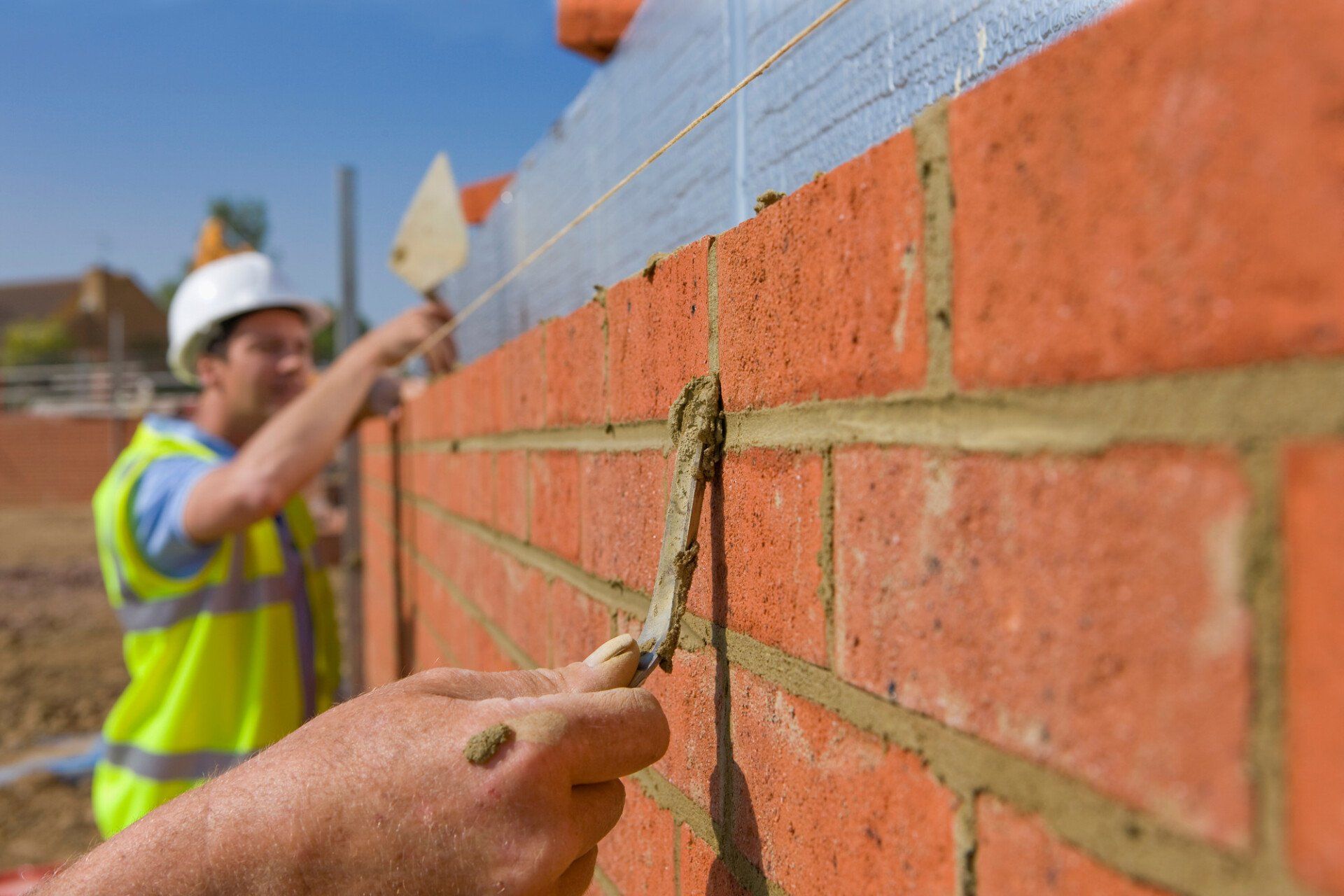Key Questions to Ask When Buying New Home Construction
The Party Wall Act of 1996 is a crucial piece of legislation in the realm of property ownership and construction in the United Kingdom. Designed to prevent and resolve disputes between property owners regarding shared walls, boundaries, and certain types of building works, the Act has significant implications for anyone planning construction or renovation projects. In this blog post, we'll explore the ways in which you might be affected by the Party Wall Act, from understanding its basics to navigating its requirements and implications.
Understanding the Party Wall Act
The Party Wall Act applies to properties in England and Wales and is designed to address situations where building works could affect shared walls, structures, or boundaries between neighboring properties. It sets out procedures for serving notices, obtaining consent, and resolving disputes related to party walls, party structures, and excavation near neighboring properties.
Types of Works Covered
The Act covers various types of building works that could impact shared structures, including:
Building New Walls: If you plan to build a new wall on or adjacent to the boundary line between your property and your neighbor's property, the Party Wall Act applies.
Cutting Into or Altering Existing Party Walls: Any alterations or structural changes to an existing party wall, such as cutting into it to install beams or creating openings, fall under the Act's purview.
Excavations Near Boundaries: Excavations, such as for foundations or basements, that extend close to or under neighboring properties are subject to the Act's requirements.
How You Might Be Affected
Serving Notices: If your planned building works fall under the Act, you are required to serve formal notices to affected neighbors. This includes serving a Party Wall Notice for works directly affecting party walls or structures and a Notice of Adjacent Excavation for excavations near boundaries.
Neighboring Property Consent: Upon receiving a Party Wall Notice, your neighbors have the option to consent to the proposed works or dissent. If they dissent, a dispute resolution process may be initiated, requiring the appointment of surveyors to assess the situation and reach an agreement.
Surveyor Involvement: The Party Wall Act often involves the appointment of surveyors, either agreed surveyors representing both parties or separate surveyors for each party. These surveyors play a crucial role in assessing the impact of the proposed works, drafting party wall agreements, and resolving disputes.
Cost Implications: Depending on the nature of the works and any disputes that arise, there may be cost implications. This can include the fees for surveyors, the cost of necessary works to ensure compliance with the Act, and potential compensation or damages in case of disputes.
Timeline Considerations: It's important to factor in the timelines required by the Party Wall Act when planning construction or renovation projects. Serving notices, allowing time for responses, and undergoing dispute resolution processes can affect project timelines and scheduling.
Benefits of the Party Wall Act
While navigating the Party Wall Act may seem complex, it offers several benefits for property owners and neighbors:
Clear Procedures: The Act provides clear procedures for addressing potential disputes and ensuring that both property owners' interests are considered.
Protection of Rights: It protects the rights of property owners by requiring formal notifications, opportunities for discussion, and resolution mechanisms for disputes.
Prevention of Damage: By assessing the potential impact of building works on shared structures, the Act helps prevent damage to neighboring properties and structures.
Legal Clarity: Having a legal framework in place clarifies responsibilities, liabilities, and rights, reducing ambiguity and misunderstandings between parties.
Tips for Dealing with the Party Wall Act
Early Communication: Start communicating with your neighbors early in the planning stages to discuss your proposed works and potential impacts. Building a positive relationship and addressing concerns proactively can facilitate smoother processes.
Professional Advice: Seek advice from qualified surveyors, architects, or legal professionals familiar with the Party Wall Act. They can guide you through the requirements, help prepare necessary documents, and assist in resolving disputes if they arise.
Document Everything: Keep thorough records of all communications, notices served, responses received, and agreements reached. This documentation can be crucial in case of disputes or legal proceedings.
Budget Appropriately: Factor in the costs associated with complying with the Party Wall Act when budgeting for your construction or renovation project. This includes surveyor fees, potential additional works, and any compensation or damages that may arise.
The Party Wall Act is a vital framework that ensures responsible and harmonious construction practices among neighboring property owners. By understanding its requirements, communicating effectively, seeking professional guidance, and adhering to the prescribed procedures, you can navigate the Act's complexities and ensure a successful outcome for your building project while maintaining positive relationships with your neighbors.
For friendly professional advice, contact us or call now and speak with a specialist Party Wall Surveyor.









